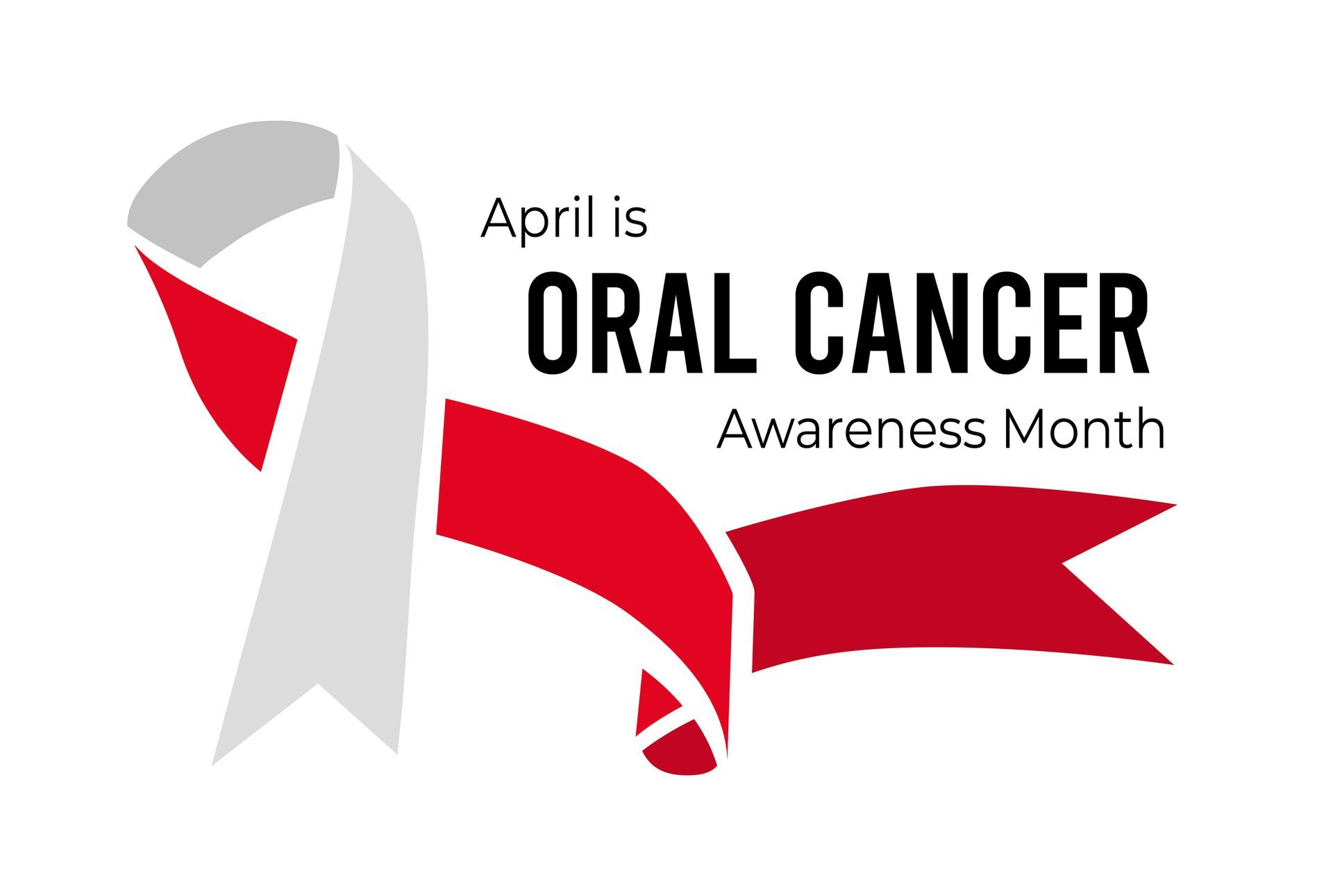Is Flossing Really Necessary and How Often Should I Do It?
Flossing – that often-neglected step in our daily oral hygiene routine. We brush our teeth diligently, but how many of us consistently floss as well? Is flossing truly necessary, and if so, how often should we do it? In this article, we will explore the importance of flossing and provide guidance on how frequently you should incorporate it into your dental care regimen.

Flossing – that often-neglected step in our daily oral hygiene routine. We brush our teeth diligently, but how many of us consistently floss as well? Is flossing truly necessary, and if so, how often should we do it? In this article, we will explore the importance of flossing and provide guidance on how frequently you should incorporate it into your dental care regimen.
The Importance of Flossing
Flossing might seem like a tedious task, but its significance cannot be overstated. Here are some key reasons why flossing should be an integral part of your oral hygiene routine:
1. Plaque Removal:
While brushing helps remove plaque from the surfaces of your teeth, it often can’t reach the tight spaces between them. Flossing helps dislodge food particles and plaque from these hard-to-reach areas, preventing the buildup of harmful bacteria.
2. Preventing Gum Disease: Neglecting to floss can lead to gum disease, such as gingivitis or periodontitis. These conditions can result in gum inflammation, bleeding, and even tooth loss. Flossing regularly can help prevent or mitigate these issues.
3. Fresh Breath: Flossing removes food debris and bacteria trapped between your teeth, which can contribute to bad breath. A fresher mouth is an added benefit of consistent flossing.
4. Avoiding Cavities: By removing plaque and food particles, flossing plays a role in cavity prevention. It helps maintain the health of your enamel and reduces the risk of tooth decay.
The Debate: Is Flossing Really Necessary?
A few years back, some reports suggested that the evidence for flossing’s benefits is weak. However, this was a misinterpretation. While it’s true that some studies didn’t show significant benefits, it’s because oral health varies among individuals, and other factors like diet, oral hygiene habits, and genetic predispositions play a role. The general consensus among dental professionals worldwide remains that flossing is essential.
How Often Should You Floss?
Now that we’ve established the importance of flossing, let’s address the question of frequency. How often should you floss for optimal oral health?
The American Dental Association (ADA) recommends flossing at least once a day. This daily flossing routine helps maintain healthy gums, prevent plaque buildup, and ensure the removal of food particles from between your teeth. Ideally, you should floss before brushing your teeth, as it allows the fluoride in toothpaste to access all surfaces of your teeth more effectively.
In some cases, your dentist or dental hygienist may recommend more frequent flossing based on your specific oral health needs. For individuals with orthodontic appliances like braces or those with certain medical conditions, more frequent flossing may be necessary to maintain good oral hygiene.

Tips for Effective Flossing
To make the most of your flossing routine, consider the following tips:
1. Choose the Right Floss: There are various types of dental floss available, including waxed, unwaxed, flavored, and dental tape. Select one that suits your preferences and needs.
2. Proper Technique: Hold the floss between your thumb and forefinger, and gently slide it between your teeth. Curve the floss around each tooth in a C-shape, moving it up and down to remove plaque and debris.
3. Be Gentle: Avoid snapping the floss against your gums, as this can cause irritation or bleeding. Use a gentle, back-and-forth motion instead.
4. Consistency Matters: Incorporate flossing into your daily routine, ideally before brushing your teeth.
In conclusion, flossing is indeed necessary for maintaining optimal oral health. By flossing at least once a day, you can prevent gum disease, cavities, bad breath, and other dental issues. The benefits of this simple yet effective practice far outweigh the minimal time and effort it requires. So, don’t forget to floss daily and smile confidently knowing that you’re taking proactive steps to care for your teeth and gums.




